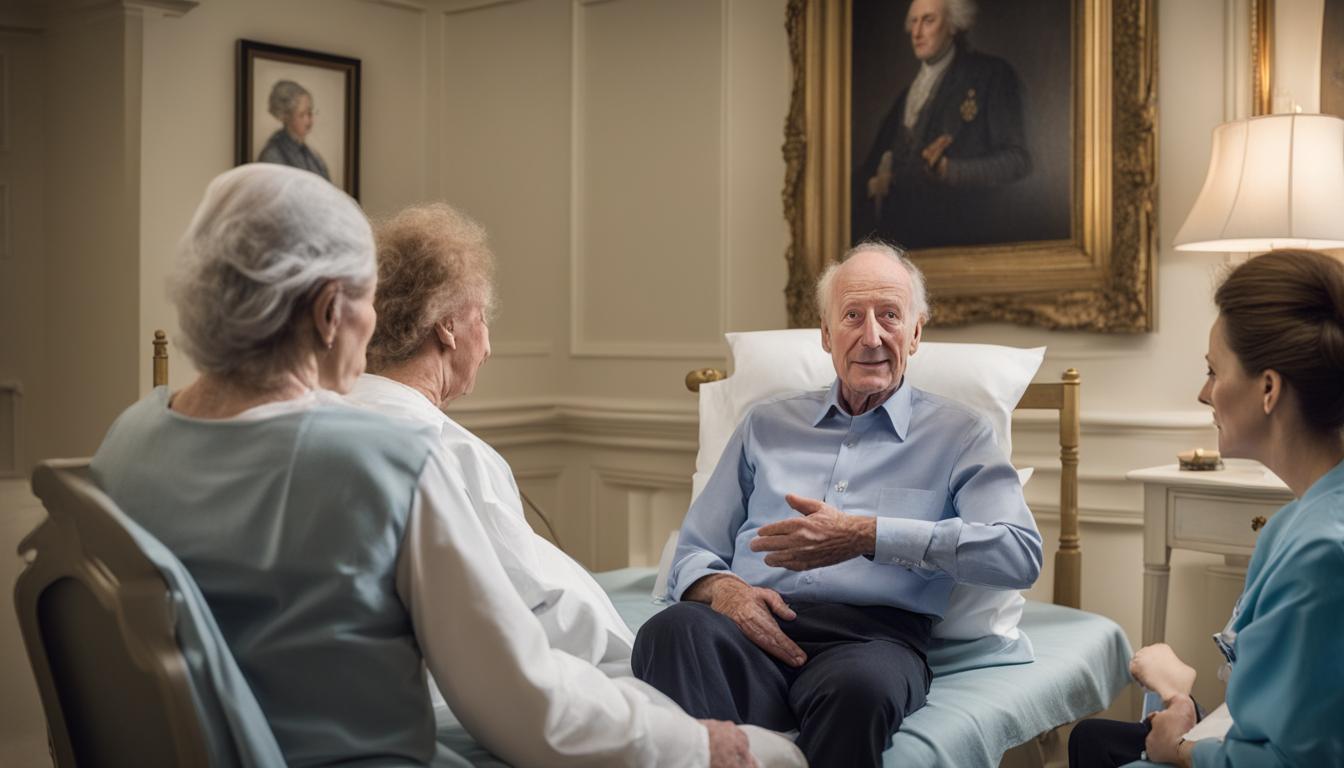The recent openness from King Charles III regarding his cancer diagnosis has marked a significant shift in the traditional communication of the British Royal Family, fostering a deeper public connection and changing perceptions during a crucial period of his reign.
King Charles III has openly discussed his cancer diagnosis, significantly impacting his public perception in Britain since his coronation. This openness is a departure from the traditional royal reserve, aligning with a period where other royal family members, including Princess Kate and Prince William, have also faced health challenges.
King Charles has been active in public engagements, including a visit to a cancer-care center, where he interacted with patients, further endearing him to the public. His advocacy for environmental issues and promotion of dialogue around health-related topics, such as early cancer intervention and research, have also been notable.
His approach and personal health struggles have helped humanize the monarch, creating a stronger connection with citizens, according to Anna Whitelock, a professor at City University, London. Queen Camilla has supported him during this time, further stabilizing the monarchy’s image amid ongoing family and public controversies.
In a related note, the dietary habits of the late Queen Elizabeth II were simple yet refined. Known for starting her day with brown eggs, Earl Grey tea, and biscuits, she enjoyed foods that highlighted traditional British and French cuisine, with a strong preference for fresh ingredients from the royal estates. Her breakfast routines and favourite desserts, including strawberries from Balmoral and white peaches from Windsor Castle, were highlighted by former royal chef, Darren McGrady, underscoring her appreciation for the produce of the royal estates.













